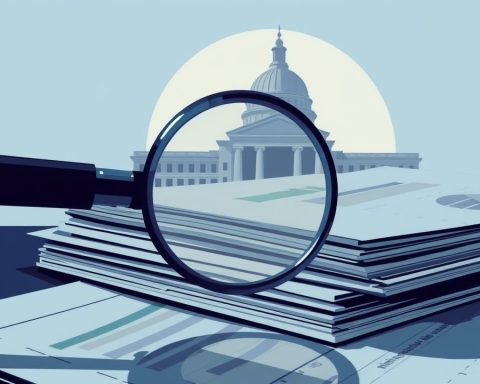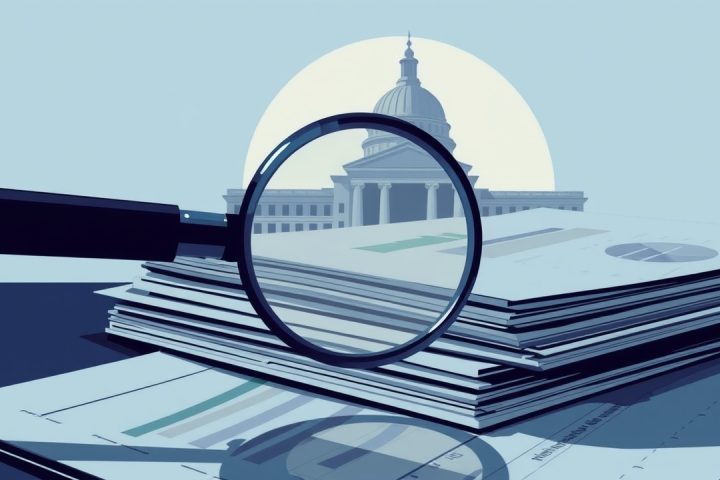FDIC’s Push for Cryptocurrency Innovation
The Federal Deposit Insurance Corporation (FDIC) is making significant strides towards fostering innovation in the cryptocurrency sector by eliminating major obstacles and advocating for clearer regulations surrounding blockchain technology. During his speech at the American Bankers Association’s Washington Summit on April 8, Acting Chairman Travis Hill outlined the FDIC’s revised approach to digital assets, marking a transition towards regulatory receptiveness.
Change in Regulatory Requirements
One of the most notable changes announced by Hill is the abolition of the requirement for banks to notify the FDIC ahead of engaging in crypto-related activities, a rule that had previously served as a deterrent.
“Banks under FDIC supervision can now partake in permissible crypto activities without the need for prior FDIC approval,”
Hill explained, equating these activities to other allowed banking practices.
Risk Management and Compliance
Hill emphasized the essential nature of risk management for banks investing in cryptocurrency but stressed that the essence of the new regulations is to facilitate innovation in a framework that offers clear and consistent oversight. He pondered whether the agency needs to clarify what specific crypto services are permissible, referencing earlier guidance from the Office of the Comptroller of the Currency (OCC) on issues such as custody services, stablecoin reserves, and validator node functions.
Public Blockchains and Interagency Guidance
Additionally, Hill raised questions about the prudent measures that can be adopted around public blockchains, highlighting that while other nations allow banks to operate on these public, permissionless networks, similar practices have remained elusive in the United States due to regulatory barriers. He emphasized the need to strike a balance, asking,
“While a complete prohibition on interacting with public chains is clearly too restrictive, what guardrails would be prudent?”
The FDIC is thus looking to reassess interagency guidance from 2023 to establish lasting regulations for the responsible use of public chains by banks.
Stablecoins and Legislative Movement
The conversation also touched upon the ongoing legislative movement regarding stablecoins in Congress. Hill noted the critical importance for banks to understand the implications of liquidity risk, cybersecurity, and compliance concerning stablecoins as they evolve to tokenize deposits. He suggested revisiting existing pass-through deposit insurance regulations to clarify the treatment of stablecoin reserves, affirming,
“From the FDIC’s perspective, we should provide certainty that ‘deposits are deposits, regardless of the technology or recordkeeping deployed.’”
Concerns About Smart Contracts
Furthermore, he raised concerns about the potential risks that smart contracts on blockchains could pose following a bank’s failure, which could substantially increase the costs associated with bank resolutions. Hill concluded with a firm commitment from the FDIC to establish a regulatory environment that promotes the responsible advancement of digital assets while maintaining the core principles of safety and stability in the banking sector.

















